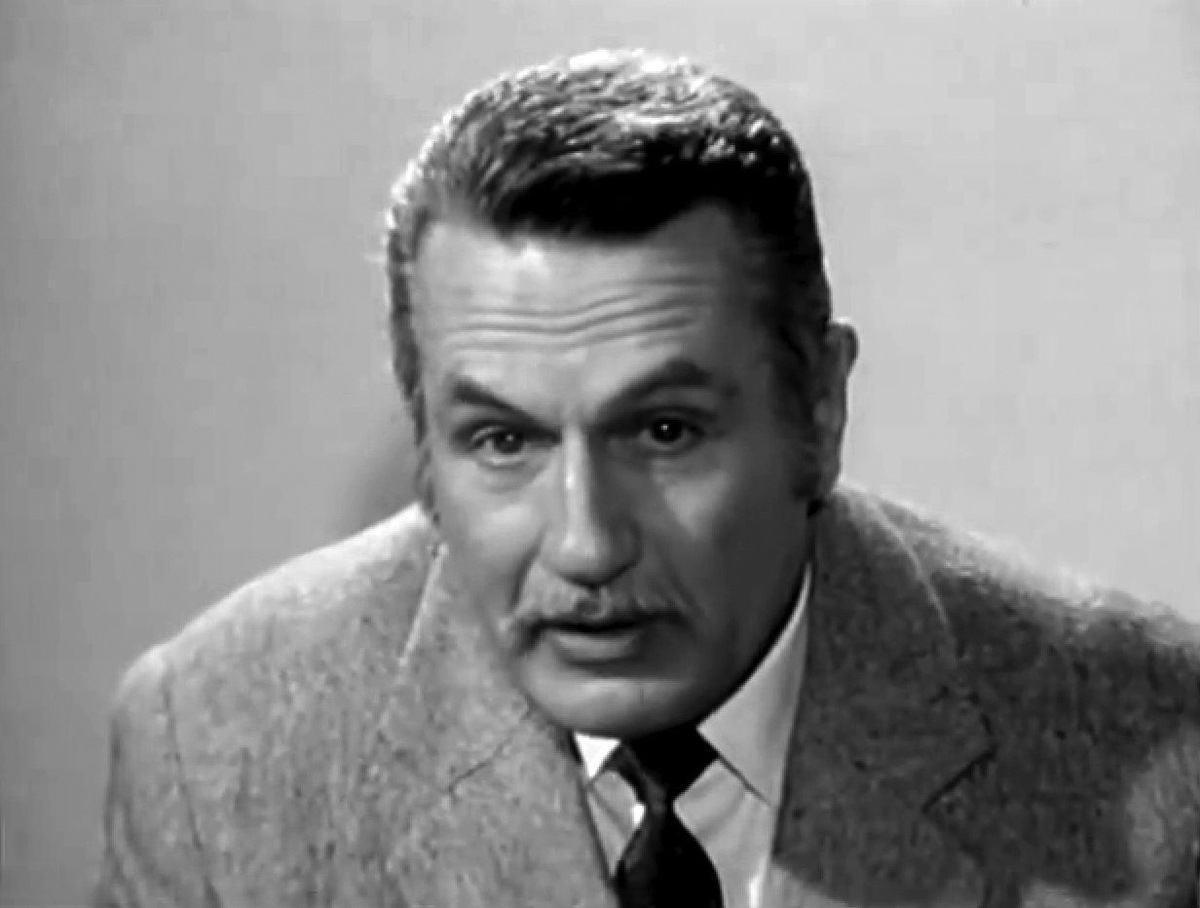Director, screenwriter and director Nikša Fulgosi was born in Split in 1919 and died in Zagreb in 1996. He is remembered as the talented creator of the remarkable body of films which testifies to the culture of dissent in socialist Croatia and Yugoslavia.
He studied law, worked as a journalist, columnist and screenwriter. He started his career as a sports journalist and comic strip writer. At the beginning of the 1950s, he began to work as a maker of educational films. In 1955, his first movie, Little Jole, was suspended by decision of the then board of directors of Jadran Film. In the period from 1957 to 1963, he made about thirty educational films for Zora Film and Zagreb Film, of which the films about traffic safety are particularly notable. At the end of the 1960s, he began to work for the Documentary Department on TV Zagreb.
In his works, Fulgosi did not incorporate explicitly political or directly subversive messages that could be associated with open opposition. However, as chroniclers of Croatian cinema noticed, many of his film and television works dealt with universal aspects of human behaviour, such as irresponsibility, indifference and hypocrisy, which in and of itself challenged the idealized matrices of socialist society. His short black and white films recorded in Zagreb and Belgrade, even though educational, were full of "typical Fulgosian humour."
Among filmmakers, he is best known for his polemic documentaries. He made the noted documentaries presented on TV Zagreb, Sto ljepotica na dan [A Hundred Beauties per Day], Sto zaduženja Betike Gumbas [The Hundred Duties of Betika Gumbas], Stokletvi na dan [A Hundred Curses per Second], Šund naš svagdašnji [Our Everyday Trash], Batine jučer i danas [Drubbings Yesterday and Today], etc. and the "locked-away" series on sexual education entitled Ljubavni problemi Pepeka Gumbasa i Marijete Buble [The Romantic Problems of Pepek Gumbas and Marijeta Buble] from 1978. Due to its "provocative" approach, the series was removed from the programming schedule; 13 (out of 37) episodes have been preserved and restored.
The contemporary "rehabilitation" of Nikša Fulgosi was carried out in part by a former editor of TV Zagreb, Nataša Kalinić Ahačić, film critic Željko Luketić, archivist and director Mladen Burić and others. In 2014, HTV presented the documentary film Tko je taj Nikša Fulgosi? [Who is that Nikša Fulgosi?] directed by Danko Volarić.

